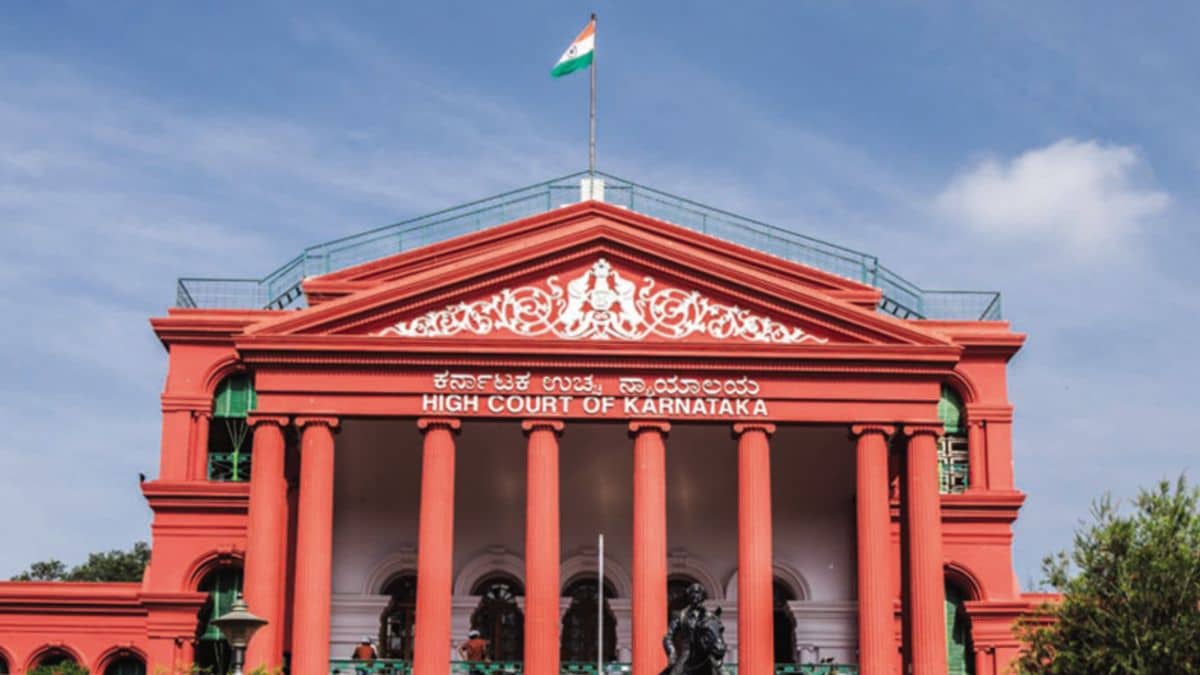The Karnataka High Court has determined that individuals summoned under Section 35 of the BNSS Act are not required to appear before the police if the summons lacks crucial details such as the crime number and specifics of the alleged offense. This decision relieves many who have faced legal uncertainties due to incomplete or vague summonses.
The court’s ruling addresses concerns about the adequacy and transparency of summonses issued by law enforcement agencies. Section 35 of the BNSS Act, which pertains to procedural aspects of police investigations, mandates that any summons issued should include detailed information regarding the crime number and the nature of the offense. This ensures that the person summoned is fully informed of the grounds on which they are being asked to appear.
The recent decision came after a petition challenging the legality of a summons that lacked these details. The petitioner argued that the omission of vital information rendered the summons invalid, thereby questioning the legality of compulsory appearances demanded by the police. The court concurred, emphasizing that clear and complete information is essential for a fair legal process and for upholding the rights of the individuals involved.
Legal experts have welcomed the ruling as a step towards greater accountability and transparency in the legal system. It reinforces the principle that individuals should not be compelled to respond to summonses that do not provide sufficient information about the allegations against them.
As the ruling sets a precedent, it is expected to influence how summonses are issued and handled in future cases, ensuring better adherence to procedural norms and protecting individuals’ rights.

